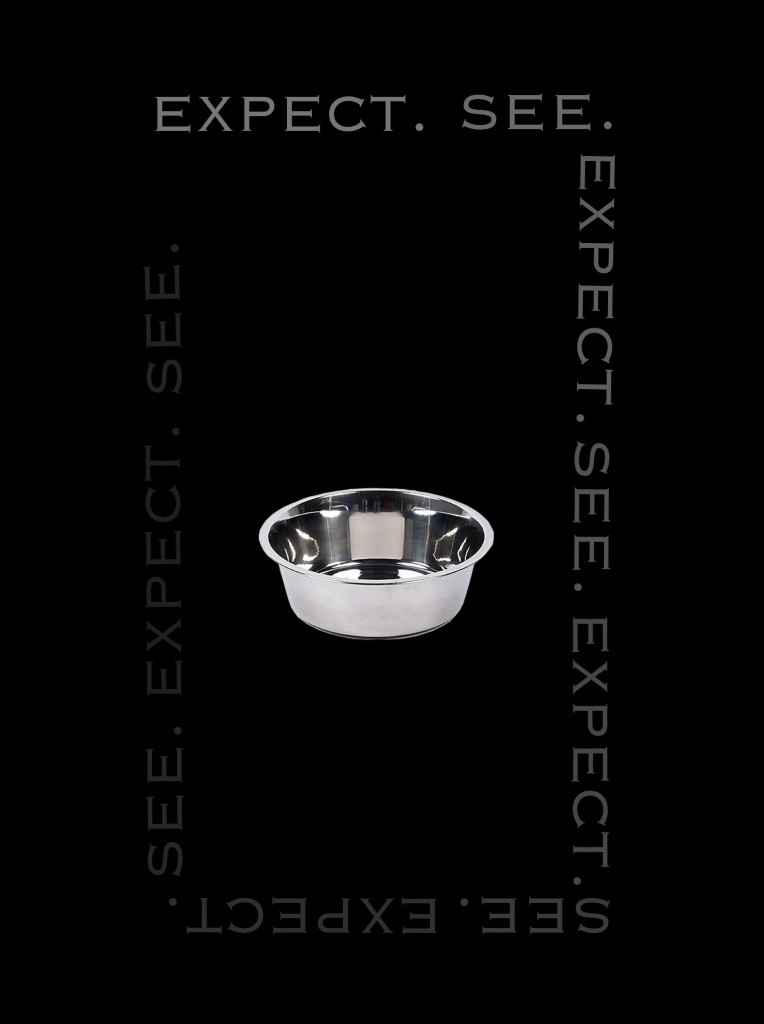
Benjamin Franklin once famously said, “Dost thou love life? Then do not squander time, for that is the stuff life is made of.” It’s not surprising, given such a philosophy, that Franklin accomplished an amazing amount during his lifetime. Inventor. Statesman. Author. Public Servant. Founding Father.
But as much as Franklin is revered here in Philadelphia where I live—the city Franklin also called home—and as grateful as I am for all of his contributions to our city and society, I’ve come to question his premise that time is the stuff life is made of. More and more I see that life is made of a kind of attention that takes us into a dimension where time doesn’t even exist.






